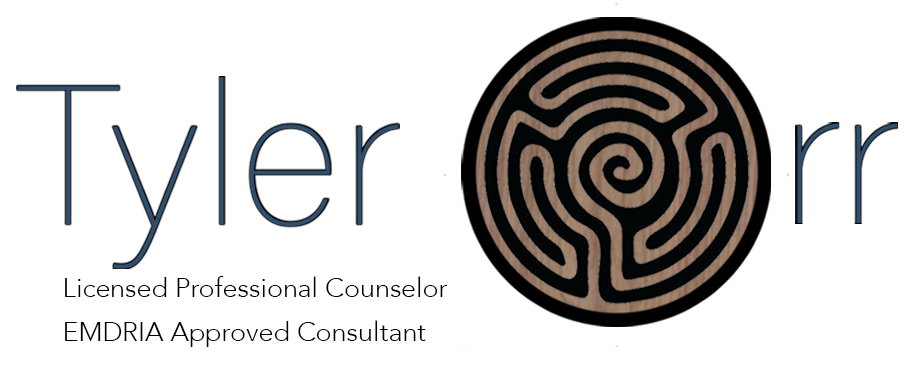1Corinthians 13:4-7
"Love is patient, love is kind. It does not envy, it does not boast, it is not proud. It is not rude. It is not self-seeking. It is not easily angered. It keeps no record of wrongs. Love does not delight in evil but rejoices with the truth. It always protects, always trusts, always hopes, always perseveres."
Say what you want about Paul, but he brought his A game when he wrote this passage. In my opinion, it's stunningly beautiful. It's perfect. I heard these four short verses recited at a wedding I attended this weekend. Sitting on the second row, it was all I could do to fight back tears as the minister's words flooded me with emotions, springing from dark memories of the time when my wife and I were on the brink of divorce.
As a young man raised in Evangelical Christianity, I heard a lot about the unconditional love of God, and I believed it. I was fascinated by the concept and dreamed of one day committing myself to a woman and loving her as God would—without condition.
Of course, I didn't know who I would marry, but there was this one girl. Her name was Jenny, and I was head over heels for her. I was convinced she was the one for me, the one to love unconditionally. After wooing her and dating for a year, we married. It wasn't long before we realized our naive fantasies of marriage were misguided. Being married just wasn't as great as we expected.
It was fun at times, but more often than not, it was really hard. We said we loved one another, but we really didn't according to the passage in 1 Corinthians. We weren't patient. We were both very proud and kept mental lists of each other's wrongs. I for one was extremely self-seeking, quick to anger, and did little to protect the connection that drew us together in the first place.
We missed the true meaning of love, but not completely. We had the last two qualities on the list—hope that true love was worth fighting for, and perseverance to see it through, at least one last time.
Committing to one another, we laid down our pride, our fears, our agendas, our pasts, our identities, and became vulnerable to one another. We bore our souls, and in the process I saw the extent of my blame, and her willingness to love and forgive me.
I can't say that I actually love Jenny unconditionally. I do try, but too often fail. I'm human. The beauty is Jenny continues to love me despite my condition of not being able to love her unconditionally! Even so, I've learned a decent amount about love through all my marital trials, and now I have something I'd love to pass along:
Most people completely misunderstand the true meaning of unconditional love, thinking they simply have to overlook their partner's shortcomings. But if you really want to love someone, you have to learn to overlook your own conditions, because it's often your own fears that prevent you from caring and nurturing.
Example: When Jenny and I were dating, I was scared to death that I was going to do something wrong, something to screw it up and lose her. This fear made me overprotective, clingy, and hyper-emotional. Whenever she expressed her distain for my neediness, I blamed her as the source of our problems, accusing her of being heartless and nagging. Looking back now I can see the only obstacle was my own condition of fear. Throughout the first years of our marriage, I continued blaming her for our problems. "I can't believe you did that." "Why would you say such a thing?" "If you would change, things would be better."
Don't get me wrong. I'm still guilty of this, more often than I’d like to admit, but now I know to investigate my frustration. Is she really the problem or is it my own conditions of impatience, spite, envy, boastfulness, pride, rudeness, self-centeredness, anger, blame, deception, neglect, helplessness, and apathy—all the opposite of love.
I challenge you to investigate how you feel and think about the people you desire to truly love, not just partners, but parents, children, friends, and even enemies. Set aside your own conditions and be honest with yourself. You might be surprised at what you're willing to admit.
